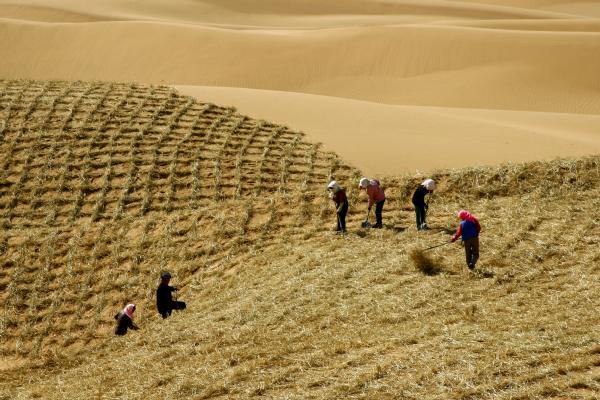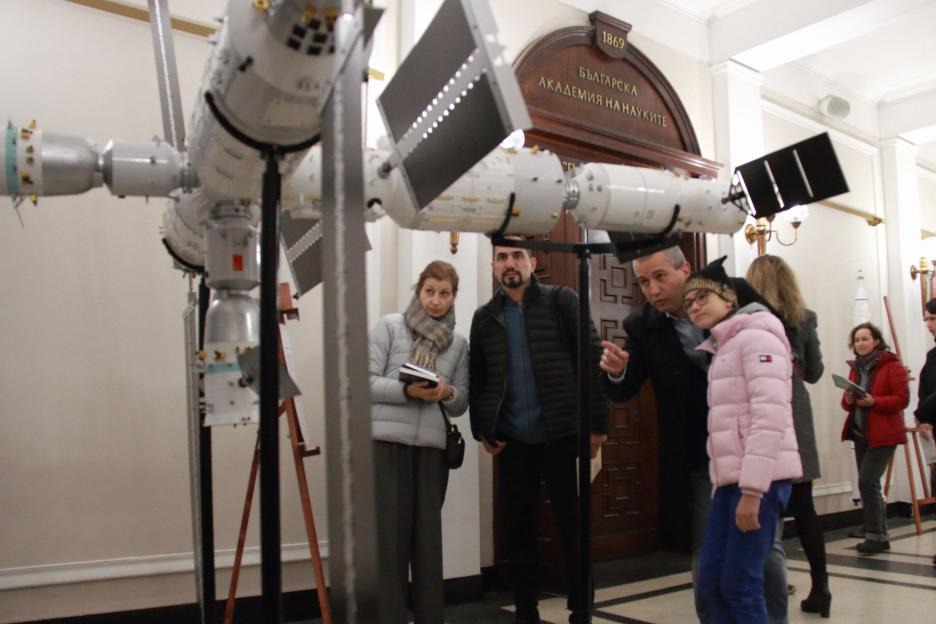Chinese researchers develop new machine for desert control


LANZHOU -- Chinese researchers have developed a walk-behind paving machine that can more efficiently "plant" straw nets in desert areas to combat desertification.
The machine has proved capable of reducing the high labor costs involved in the deployment of checkerboard barriers, which are large straw nets placed on the surface of deserts to reduce the wind speed and fix moving sand dunes, according to the Desert Control Research Institute of Gansu province, which developed the machine.
This checkerboard barrier technique is widely used in China's arid inland areas, especially to protect traffic arteries from the incursion of deserts.
The institute said the machine makes the hand-planting process mechanized, by digging trenches and paving straw through its drive system, and can be used in varied terrain. The efficiency of the paving machine is estimated to be four to six times that of manual work, said Zhao Peng with the institute.
China started research on combating desertification in the 1950s and has managed to reverse its desertification trend.
China's experience and technologies for combating desertification have also been extended to other countries facing the same challenges. Since 1993, the institute has provided training courses on desertification prevention and control for more than 1,000 officials and scholars from some 80 countries.
- Global content creators discover Hangzhou's tech magic
- Harbin launches book detailing Unit 731 crimes evidence
- China breaks 'foreign technological monopolies' with carbon fiber production line
- Shanxi University hosts folk dance workshop for international students
- Yangpu, where innovation and community thrive
- Wuxi drone show enthralls audiences





































